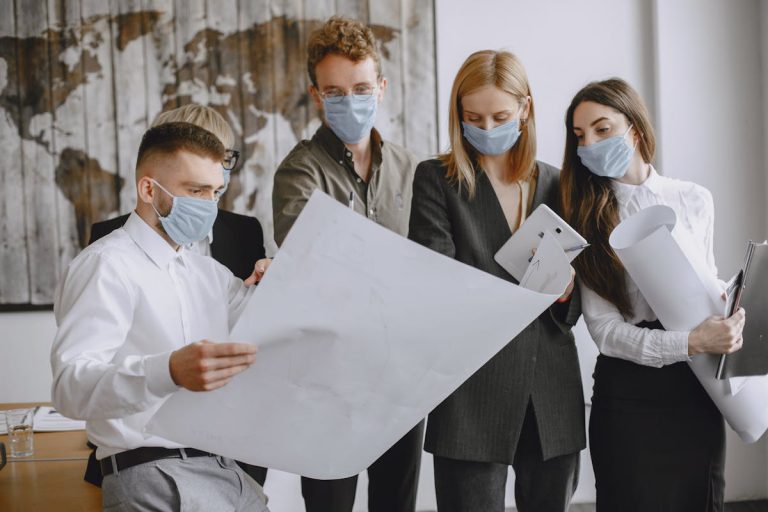
Things change much faster than we think they do. While we spend our lives just trying to care of ourselves and our loved ones, the world outside rapidly changes and mutates. It’s a natural thing and has been happening since the dawn of human history but the pace of change has really accelerated over the last century and a half. The oldest people alive today were born in a time where electric lights were still relatively new and there were no such thing as affordable cars, televisions or public computers. In fact, the oldest people alive today got to grow up and watch society develop from being newly industrial to having new space programs and global telecommunications. Now you might be wondering what sort of world all of these rapids changes have really created. These are all very high concept and very difficult ideas that require a bird’s eye view to understand in a way that makes sense. For example, we still don’t fully understand what the effects of a consistent and constant stream of information, the internet, is going to have on people’s social and psychological development. That whole idea is a new frontier and it’s going to take literal decades to sort out in a way that makes any sort of useful scientific sense. But that’s a more macro version of smaller things that might also be affecting our changing society. What are some of these smaller changes though? How will these changes affect how we live, altering everything from healthcare claims and processing service to other types of medical claims, medical claims management software and other types of advanced technologies? Well, the answer is a little bit complicated.
New Worlds and Changing Demographics
One of the most critically underrated and under looked parts of the changing face of contemporary society are the changing demographics of nations. This involves immigration, obviously, which is a very large and complicate discussion, but these changes also involve a lesser thought of part of changing demographics. That is, the aging populations of many industrial nations. Yes, the median age of many nations is getting older and older and this changes how a society structures itself and enacts its basic functions. It affect everything from medical rcm to healthcare claims and processing service to food production and technological development. But why, exactly, does an aging population change how industries work?
Healthcare Claims and Processing Service
To understand how aging populations change infrastructure, we first need to look at one specific industry. The healthcare industry is a huge national, and in many ways global, industry that is kept afloat by subsidiary companies such as big pharmaceutical companies and others sort of medicinal research centers. There is a lot of money in this industry, especially in the United States and so it affect a large part of the nation’s budget. But if the population of a country, say the United States for example, is getting older and older than it’s naturally going to change how the entire healthcare industry works. The types of medications produced, the common medical procedures, these are all going to change in response to an older population. Older people just need different sorts of care in their lives than younger people.
Costs and Benefits
So far, it sounds like the aging population is going to be nothing more than a drain on national resources but this is far from the truth. With a healthcare industry geared towards taking care of older folks, there are a lot of critical advancements that can be made. How better to take care of age related mental illness, ways to keep bodies strong through therapy and medicine. These will have a tangible positive impact on older people in the short term and it will also help younger people in the longer term. These innovations will change the way the industry works and how society works in general, from places such as healthcare claims and processing service to academic medicine and research. The coming decades in healthcare are going to be a fascinating time. We just have to get ready, buckle up and watch for what might happen come tomorrow.






